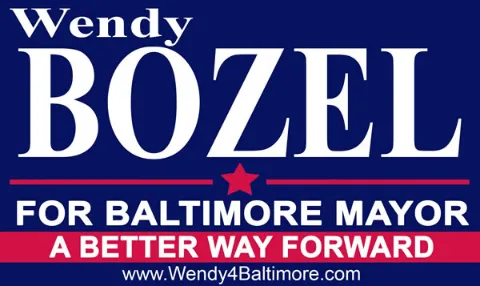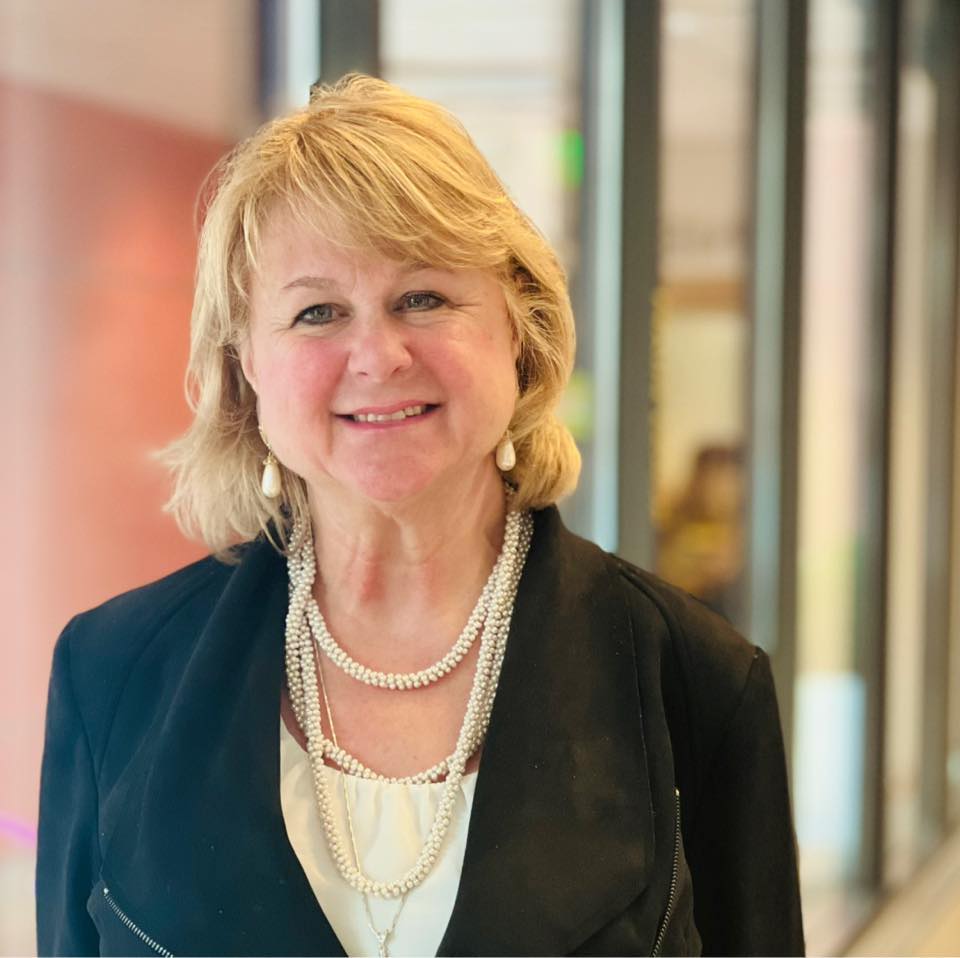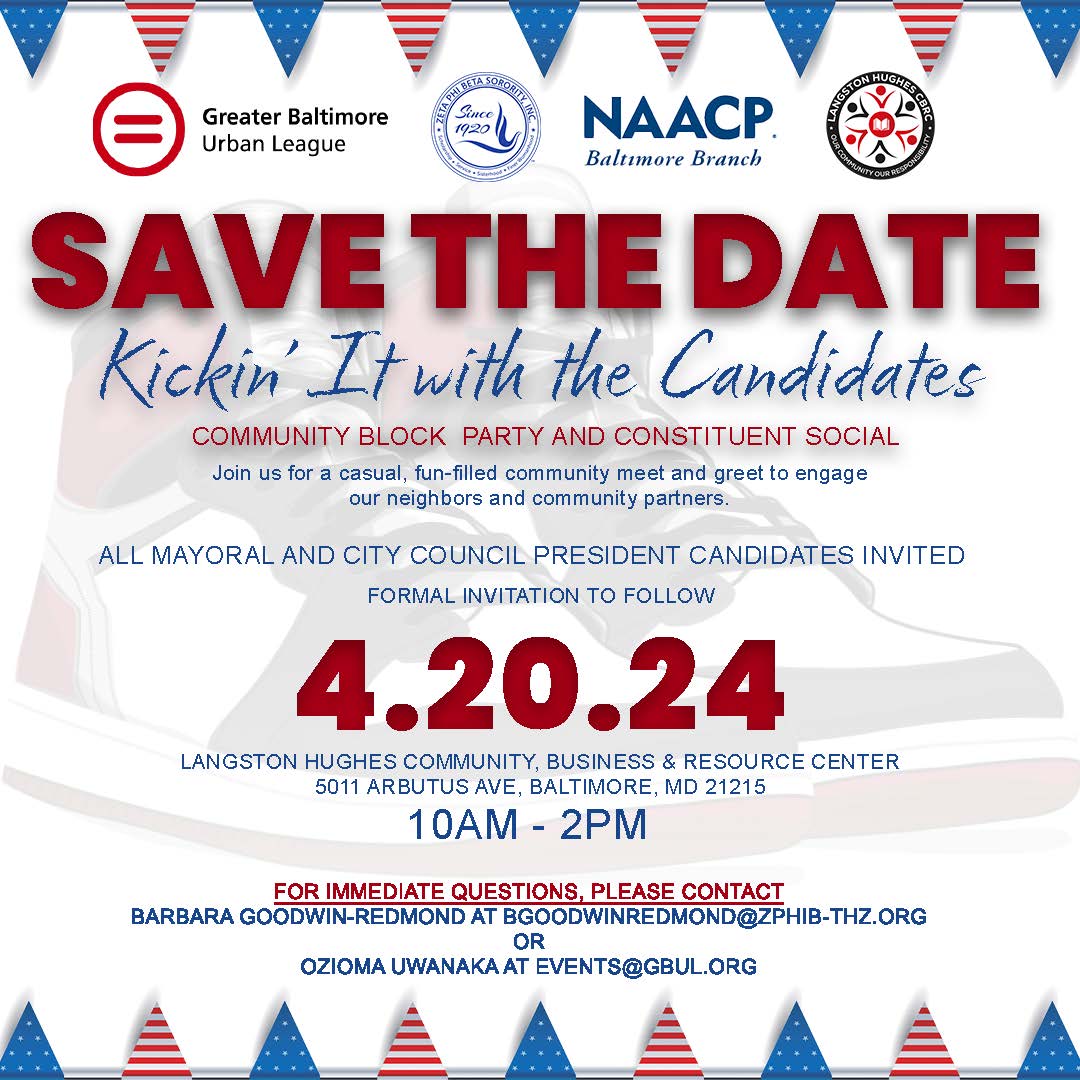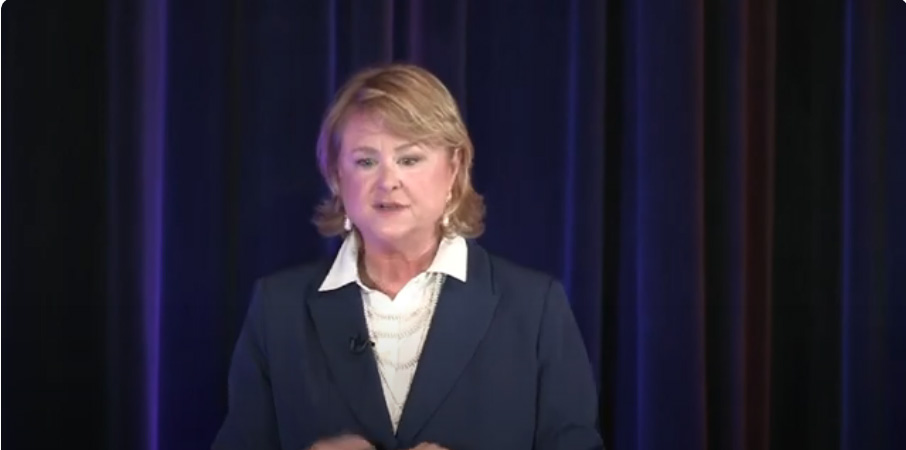Let’s Improve the Quality of Life of People Who Live in Baltimore
How did a trash incinerator — Baltimore’s biggest polluter — became ‘green’ energy? The BRESCO trash incinerator owned by WIN Waste burns Baltimore City and Baltimore County’s trash in South Baltimore, emitting significant greenhouse gasses and health-harming local air pollution. They are Baltimore City is currently under contract to send waste to the incinerator through 2031 and under Maryland State Law it gets Renewable Energy Credits but it burns trash and things we thought we recycled to make energy.
I am not waiting until I become Mayor of Baltimore, I have been going to Annapolis to get bill SBO146/HB-166 passed, Renewable Energy Portfolio Standard – Eligible Sources – Alterations (Reclaim Renewable Energy Act of 2024). This bill removes waste-to-energy and refuse-derived fuel from eligibility for inclusion in the State Renewable Energy Portfolio Standard (RPS).
A trash incinerator in Southwest Baltimore is the city’s largest single source of air pollution. But a state law has nonetheless allowed it to collect roughly $10 million in subsidies over the past six years through a program intended to promote green energy.
Few commuters who pass the imposing white smokestack on Interstate 95 have any idea that the plant burns their household waste, that their electric bills help to maintain it, or that it releases thousands of pounds of greenhouse gases and toxic substances — carbon dioxide, hydrochloric acid, formaldehyde among them — into the air every year.https://www.baltimoresun.com/2017/12/15/how-a-trash-incinerator-baltimores-biggest-polluter-became-green-energy/
● The BRESCO facility primarily incinerates residential and commercial trash from Baltimore City and Baltimore County.
● Residential and commercial waste consists of paper, cardboard, plastic packaging, plastic and glass containers, food wastes, and yard wastes.
● About 80% of the waste incinerated at BRESCO is recyclable/compostable.
If the estimated 1 million tons of organic materials now disposed in Maryland were instead composted at a mix of small, medium, and large facilities and the resulting compost used within the state, almost 1,400 new full-time equivalent jobs could potentially be supported, paying wages ranging from $23 million to $57 million. In contrast, when disposed in the state’s landfills and incinerators, this tonnage only supports 120 to 220 jobs. https://ilsr.org/composting-sense-tables/ As Mayor I will not Renew BRESCO contract and will work toward zero waste. I plan to transfer to landfills. Expand recycling to weekly pick up. I will start Composting and providing Compost Carts. Currently, Baltimoreans can dump their own food scraps at a small number of designated drop-off sites around the city. I will expand that to start educating our city so we can be ready for the EPA award of 4 million for Baltimore composting. Ground breaking should start in 2025 on Bowley’s Lane. We have to start composting now. Wendy4Baltimore.org





